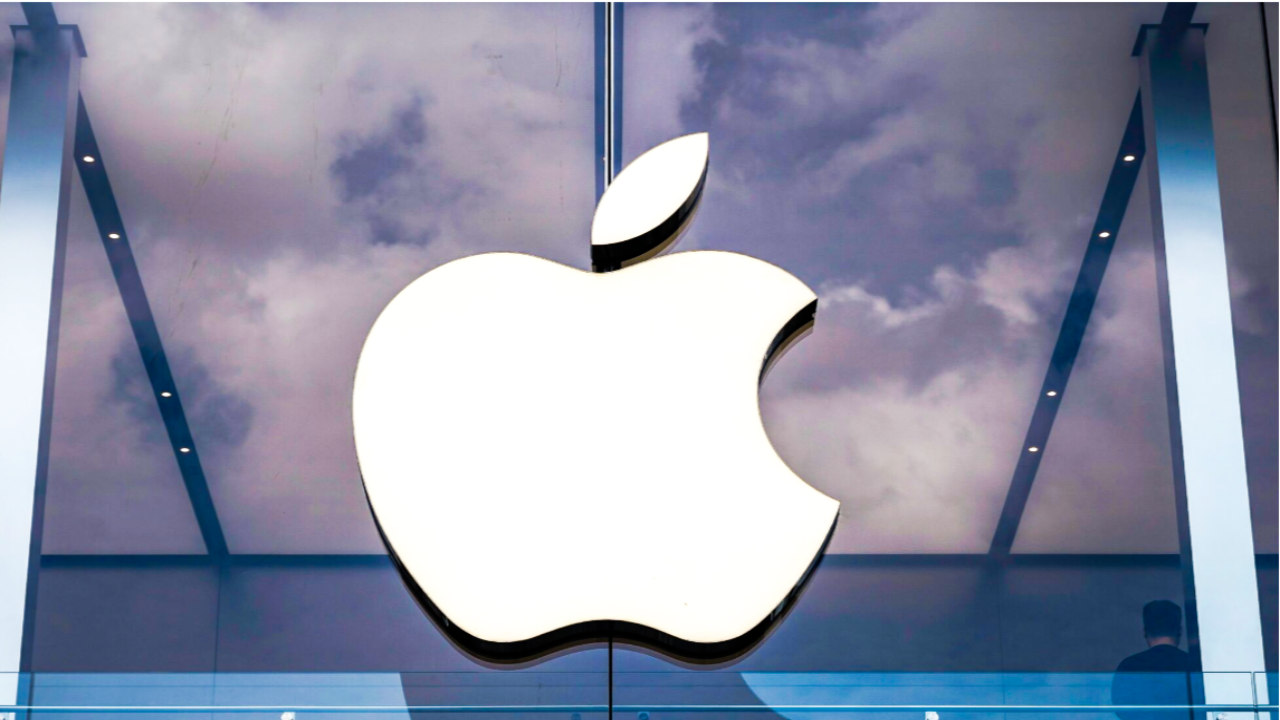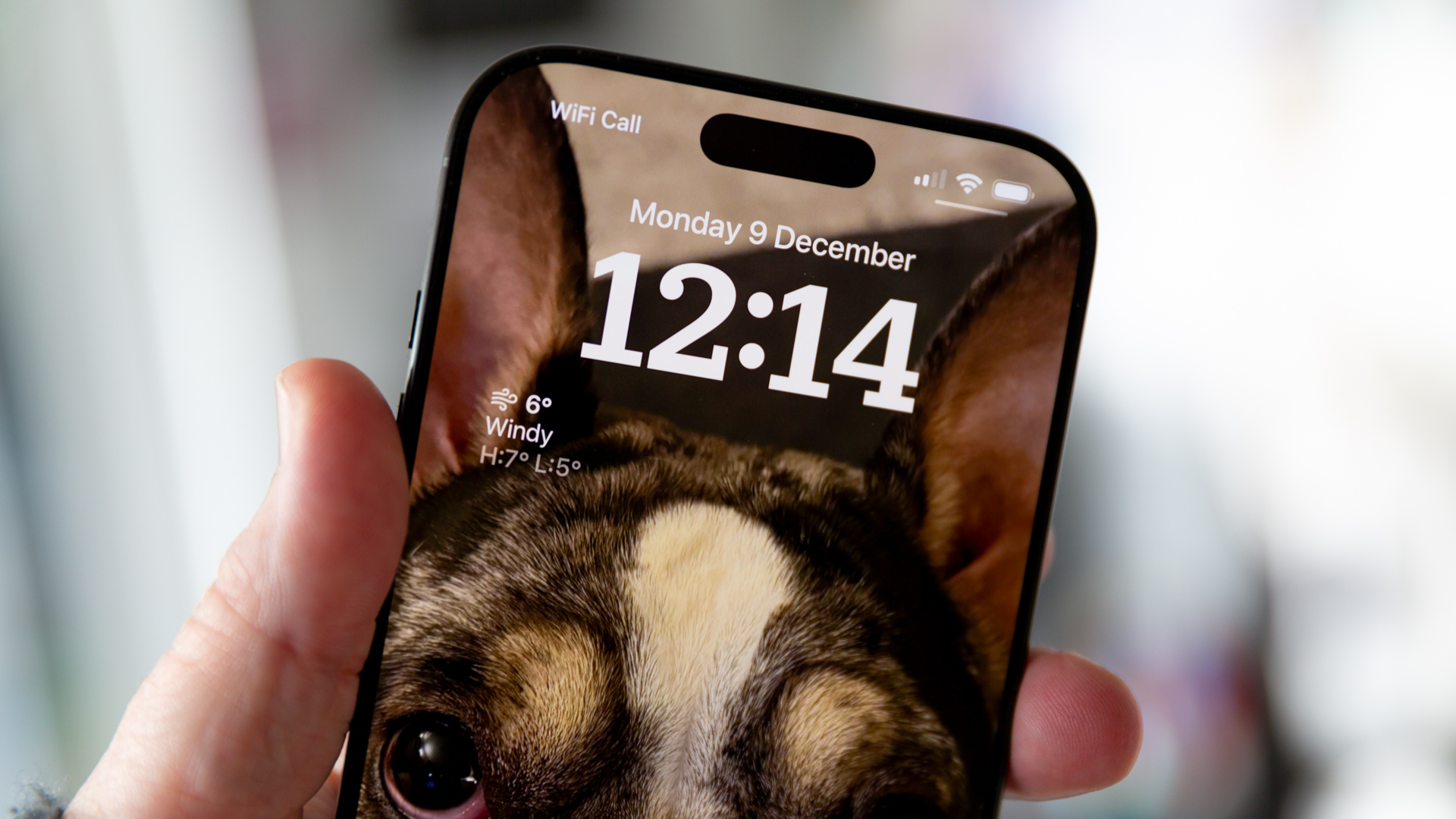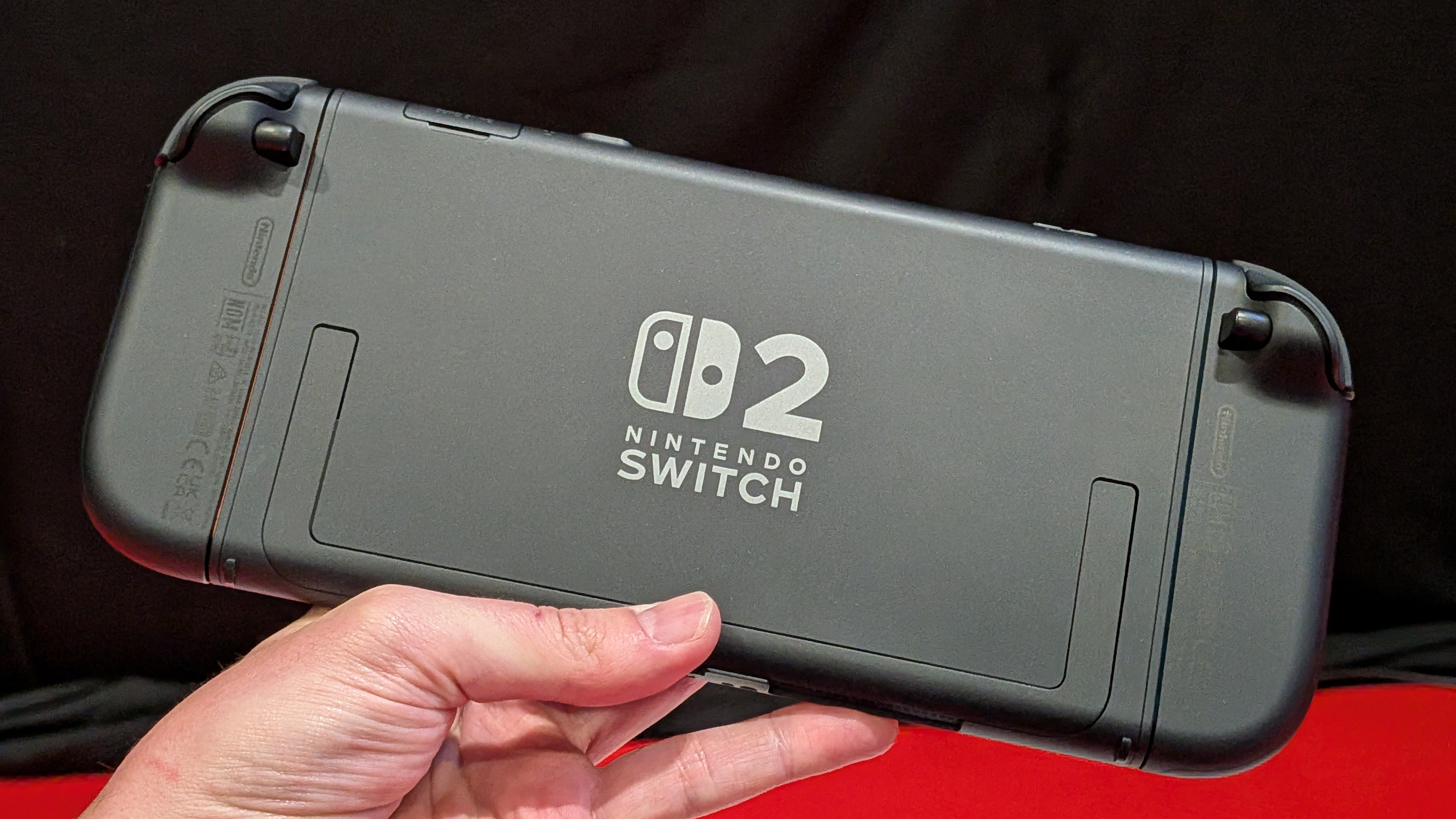

Apple’s widely tipped augmented reality (AR) Apple Glasses prototype has shifted into its ‘second phase’ of R&D, as reports suggest the Cupertino-giant is tapping up the Taiwan Semiconductor Manufacturing Co. (TSMC) to supply displays for the Apple AR glasses.
TSMC already has a well-established partnership with Apple; now, info suggests the pair will be linking up on the augmented project, with TSMC developing the next generation of ‘ultra-advanced’ Micro OLED displays for its AR Glasses at highly secretive, unmarked labs somewhere in Taiwan.
The Apple rumor mill has been busy turning out many ideas of what the Apple glasses could be: a pair of self-adjusting specs, perhaps, or maybe the more prodigious aim of a sleek pair of glasses to fully replace your iPhone 12 by the end of the next decade. Quite a steep mountain to climb.
- Google Maps users eye up switch to Huawei with huge Petal Maps update
- Samsung Galaxy S21 cash rebate makes it a steal over Apple iPhone 12
- 8 best WhatsApp alternatives to upgrade your messaging game
Display industry guru, Ross Young, tweeted that TSMC will work on the Micro OLED displays, which are smaller, thinner, and less than one-inch in size. Currently, the project is still very much in research and development, focusing on the wafer-thin screens that easily surpass the energy-efficiency of regular OLED displays, and are ipso facto perfect for smaller products like 'upcoming augmented reality devices', such as Apple’s AR Glasses.
In entering phase two of R&D, it reportedly places Apple’s AR specs at a very rough launch date of 2023 – and that is very rough. Apple, of course, relies on TSMC for the range of A-series chips used in the iPad Air 2020, iPhone 12 Pro, and the likes of its Apple MacBook M1 models, including the Apple MacBook Air (M1, 2020).
This news comes at a turbulent time for the Taiwanese manufacturer. The near-global reliance on TSMC for 7nm manufacturing capabilities are threatening the production of premium Android handsets across the globe; the strain of being AMD’s chosen foundry to produce the chipsets for the Xbox Series X, PS5, and Xbox Series S, has ratcheted up the pressure on the company to untold levels, which cannot scale its stock to meet demand.
Other rumors suggest Apple isn't just working on Micro OLED, but also Micro LED technology in its hidden Taiwanese production plants. The heavily futuristic Micro LED could be used in the Apple Watch, including the use of Mini LED or Micro LED displays in the upcoming Apple Watch Series 7. But there’s no confirmation on this as yet. Our best Apple Watch guide shows the best of what's currently available to buy.
Sign up to the T3 newsletter for smarter living straight to your inbox
Get all the latest news, reviews, deals and buying guides on gorgeous tech, home and active products from the T3 experts
A world through the Micro OLED lenses of Apple's AR Glasses could transform how we digest, assimilate, and process our day-to-day. The TSMC partnership is not unexpected, but does come at a time when the semiconductor giant is already under massive pressure, so it'll be interesting to see how this plays out for both companies should it hold to be true.
Source: Nikkei Asia
Luke is a former news writer at T3 who covered all things tech at T3. Disc golf enthusiast, keen jogger, and fond of all things outdoors (when not indoors messing around with gadgets), Luke wrote about a wide-array of subjects for T3.com, including Android Auto, WhatsApp, Sky, Virgin Media, Amazon Kindle, Windows 11, Chromebooks, iPhones and much more, too.

